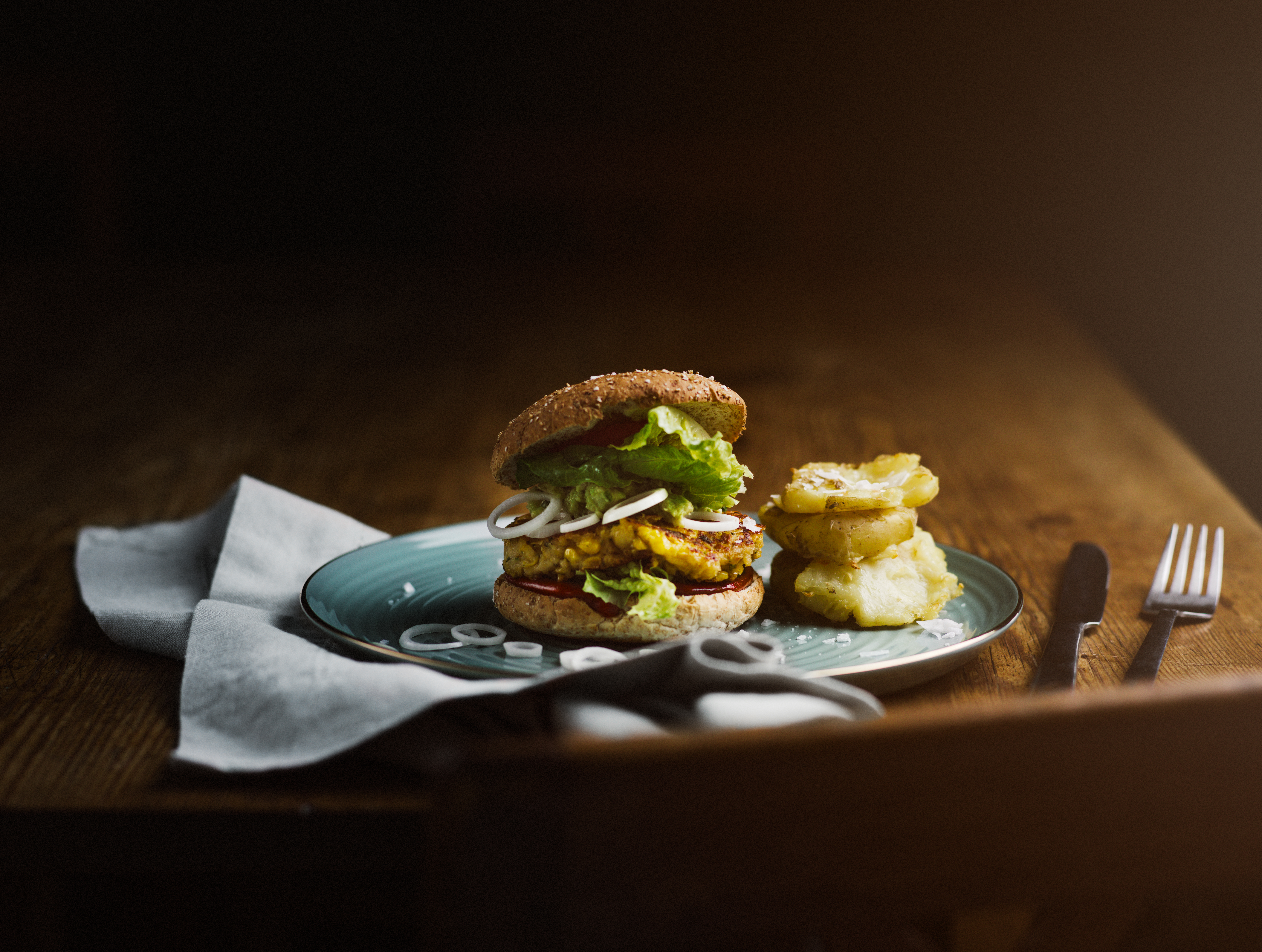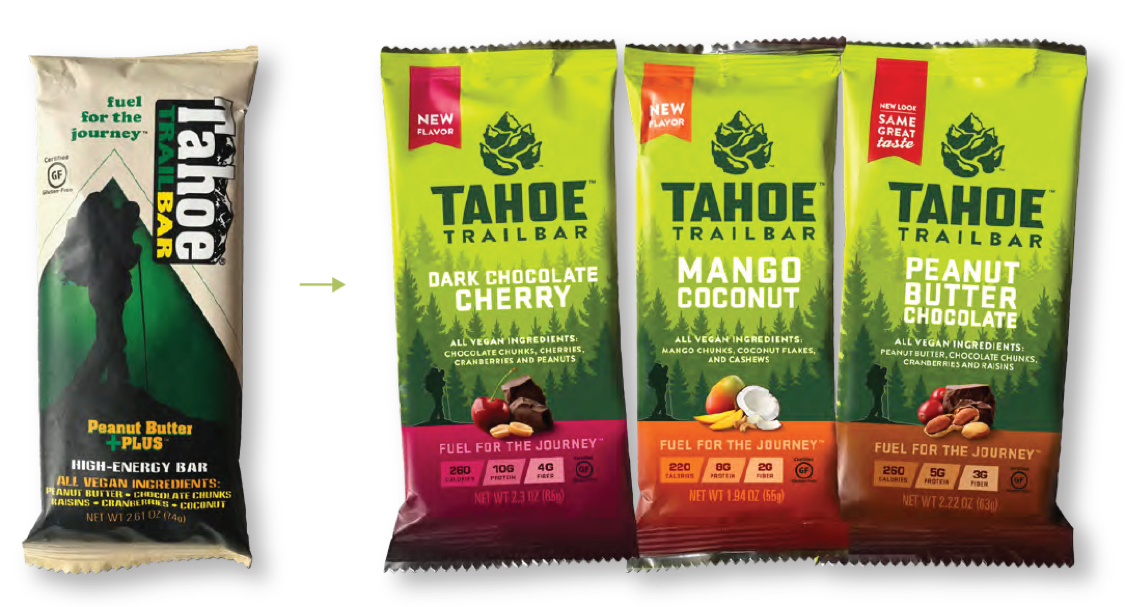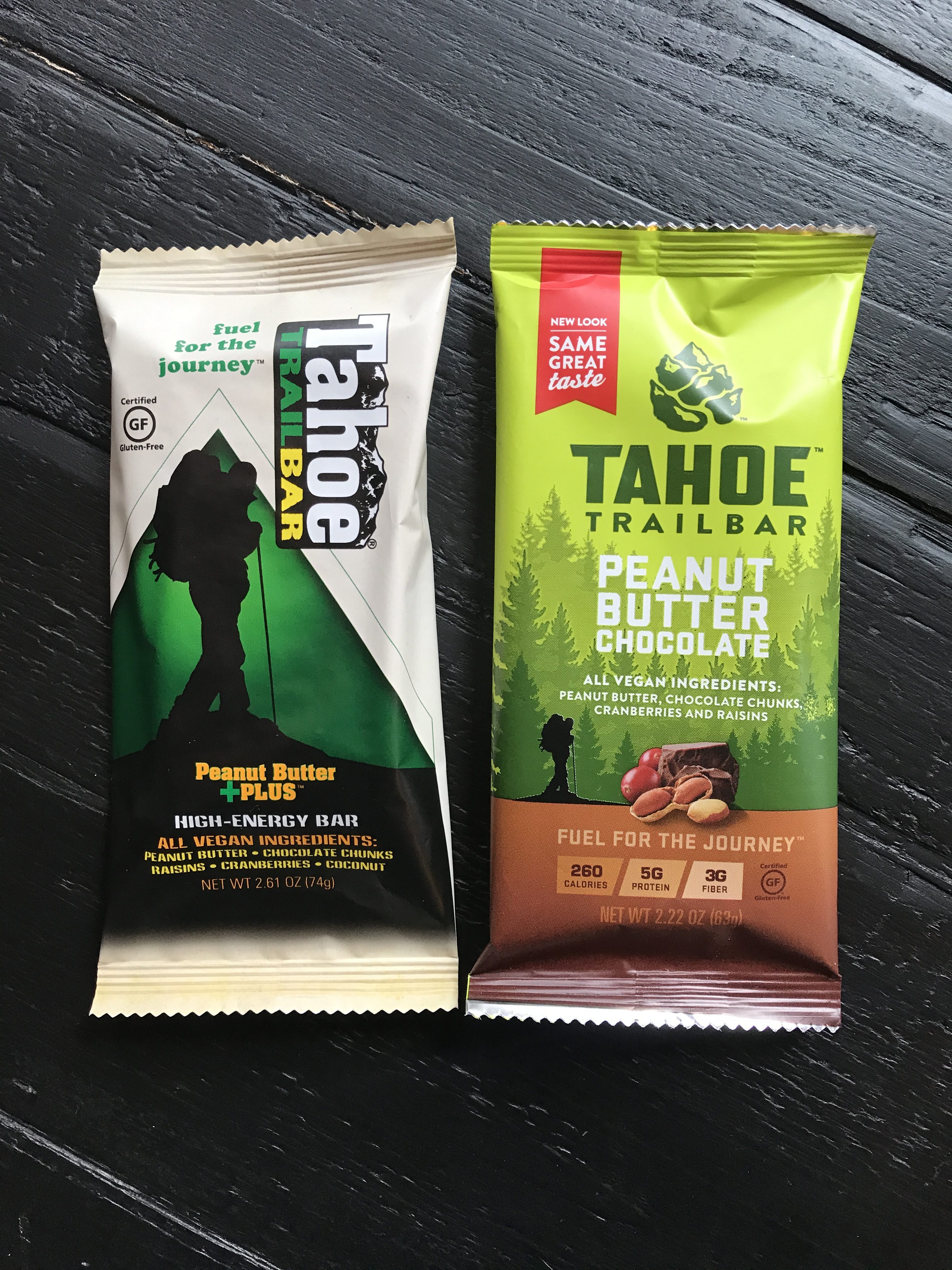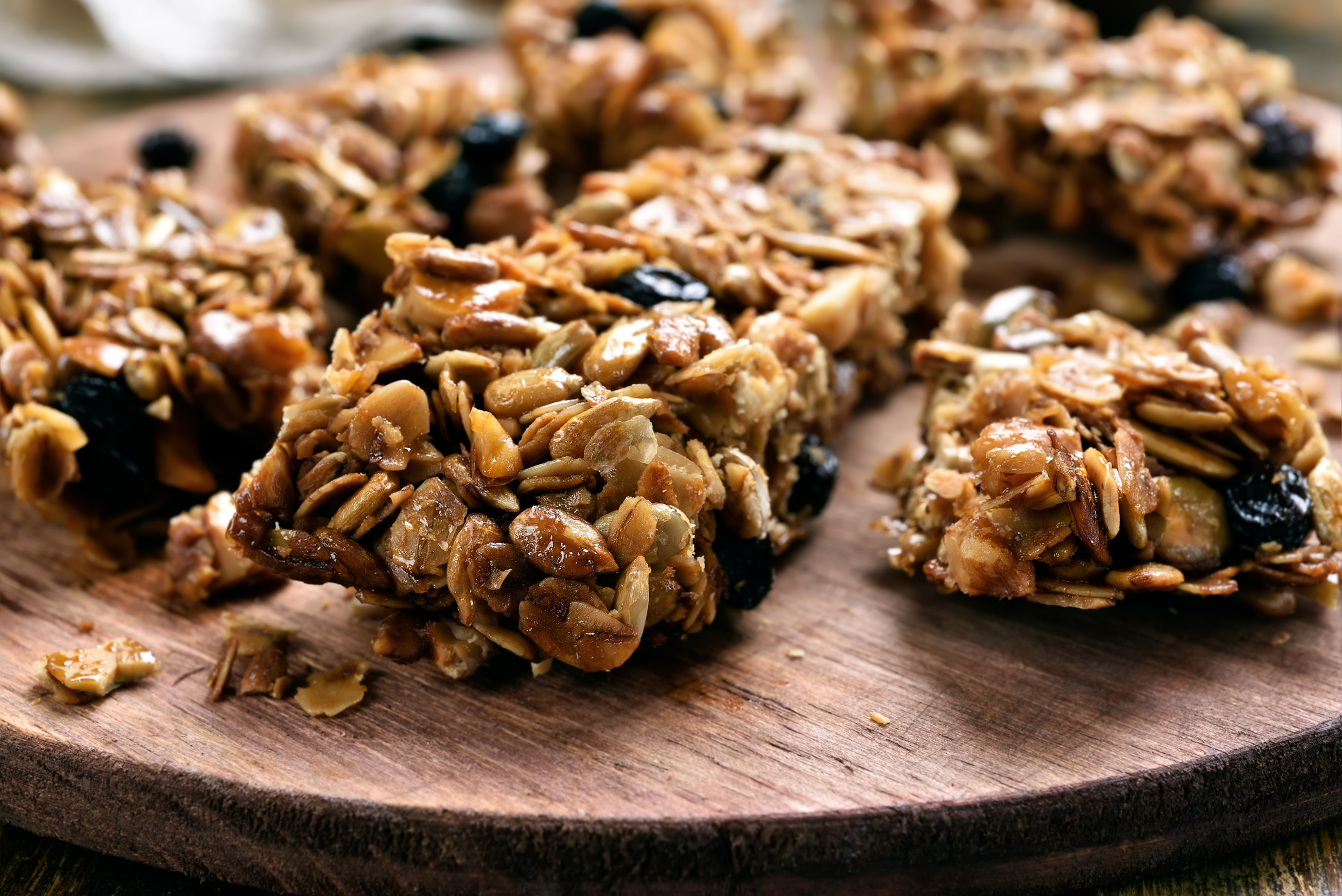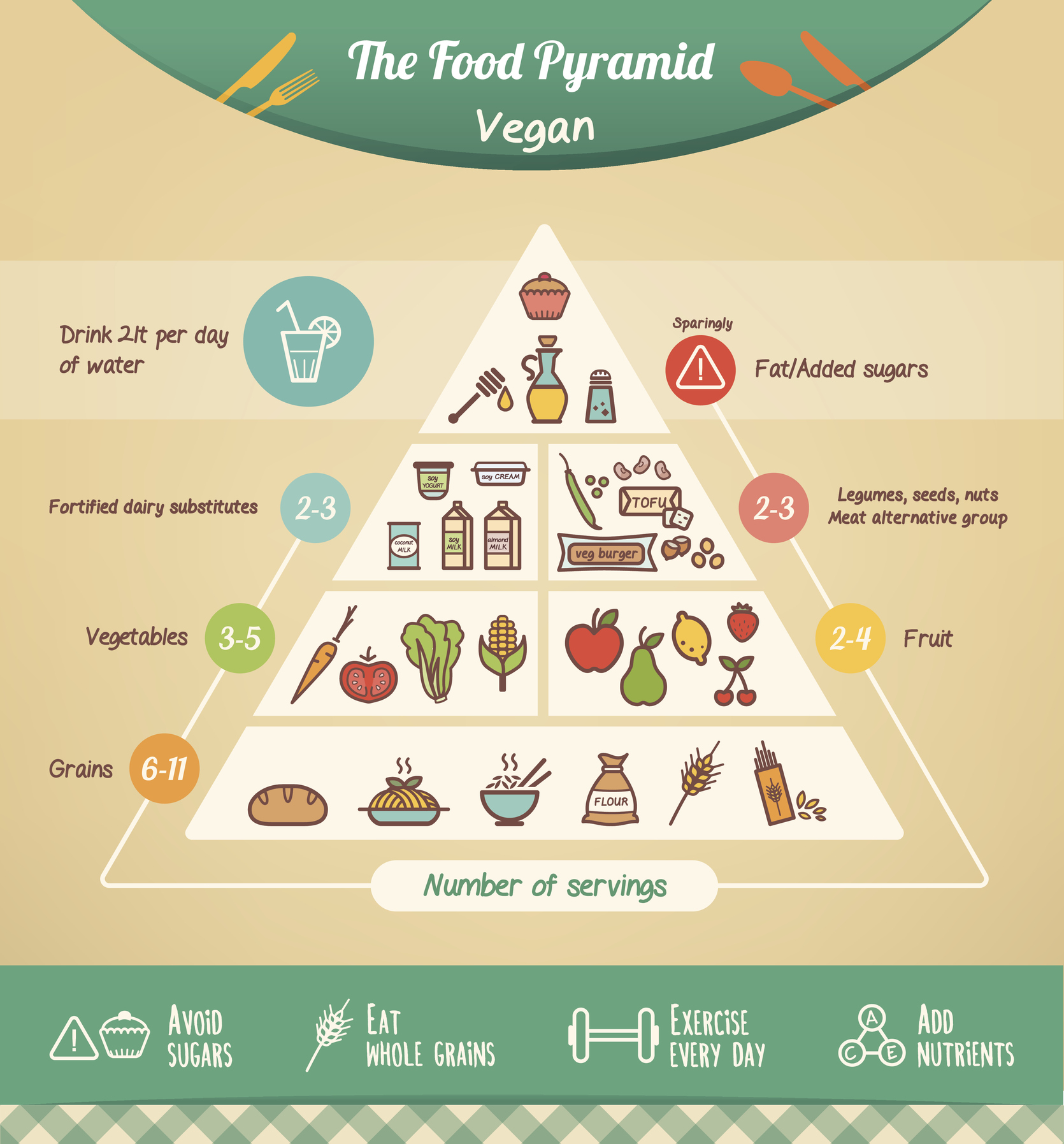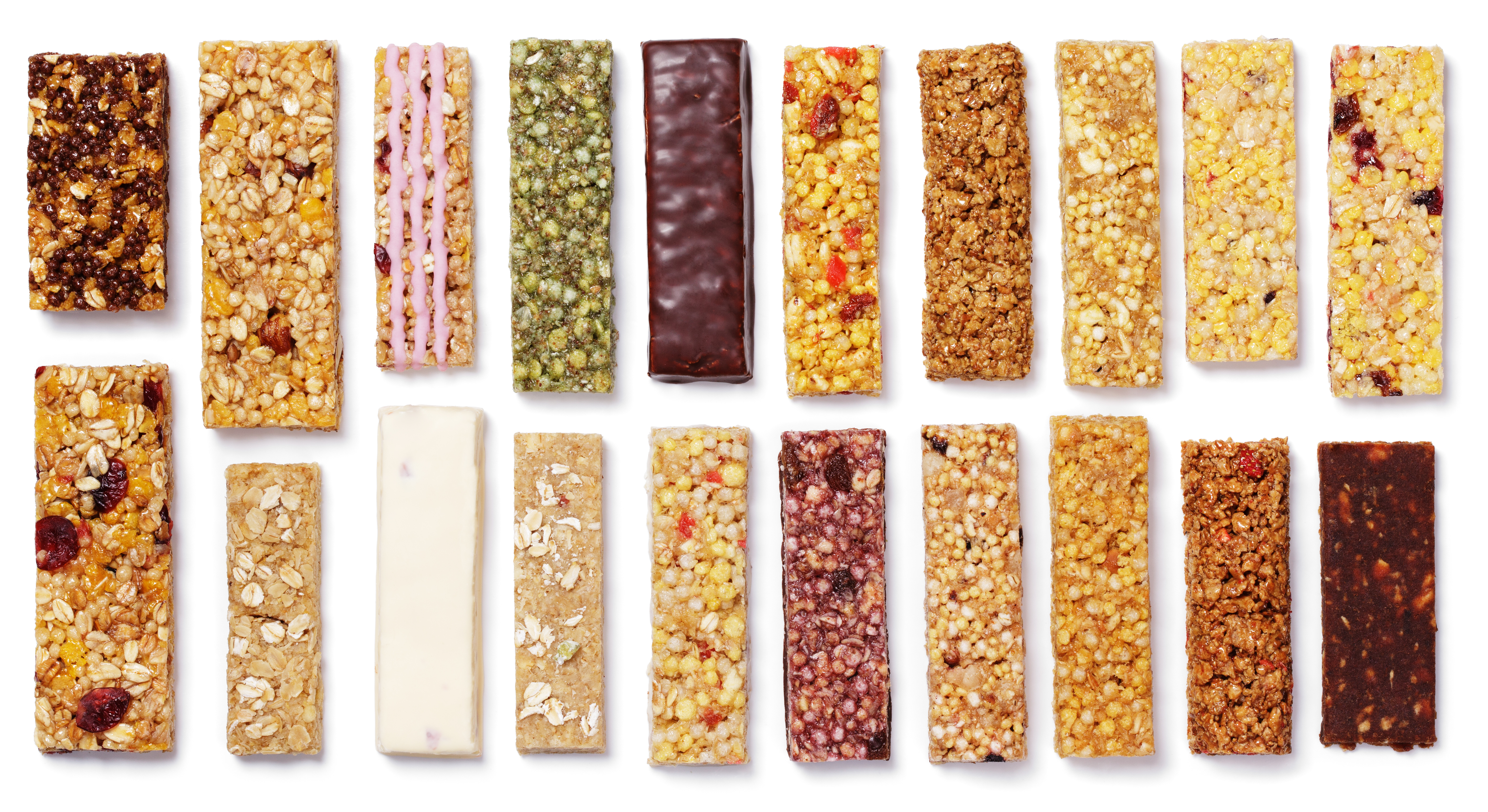
With the onslaught of trendy diets and health-conscious companies, more and more granola bar brands are eschewing sugar in favor of natural sweeteners. Forget those granola bars that are basically thinly veiled candy bars. Now, granola bar brands are replacing refined sugars with dried fruits and dark chocolate chips. But does that make them inherently “good?”
Granola has a reputation as being a health food product, but most store-bought granola and granola bar brands are loaded with processed sugars, oil, preservatives, and tons of carbs. Nature Valley, Special K, Quaker Oats, and Fiber One bars are chock full of nasty additives. Balance bars, for instance, are overloaded with ingredients you’d find in your average liquor store candy bar. The deceptively named bars include Chocolate Caramel Peanut Nougat flavor that boasts a whopping 23% of your daily saturated fat, 22 grams of carbs, and 12 grams of sugar (from sweeteners like brown rice syrup, cane syrup, and tapioca syrup). According to the American Heart Association (AHA), the average man should consume 37.5 grams of sugar in a day and the average woman should intake 25 grams. So your “healthy” bar leaves little room for a spoonful of sugar in your morning coffee or for a post-dinner treat.
You’d think, then, that so-called energy bars and meal replacement bars would be a better bet. But no — bar brands with a health halo, like Odwalla, Kashi, and Clif, can be as injurious to your health as their more mass-produced counterparts. Take, for instance, thinkThin’s High Protein Bars, which claim to be a healthy meal replacement alternative and boast being “sugar free.” Look closely and you’ll see that these bars may not contain any added sugar, but they do contain sugar alcohols, in the form of maltitol syrup and glycerin. What does this mean? Sugar alcohol allows companies to legally claim “sugar free” status but these bars are chock-full of artificial sweeteners, which are arguably more detrimental than natural sugar.
So what bars should we be eating? Forget the granola. Instead, look to bars that get a power punch from nuts and seeds, dried fruits, and egg whites.
Granola Bar Brands Get Fruity
The grams of sugar in fruit are not processed and are more easily recognized by your body than processed sweeteners. Opt for a bar that uses dates, cherries, or blueberries as their sugary element. The gluten-free Pineapple Chia Energy Bars from Amrita Health Foods get a sweet and tart flavor from organic pineapple and heft from chia seeds. They use no artificial or other sweeteners for each bar’s 11 sugar grams –tasty without being unhealthy. You can also find fruit-sweetened bars from Larabar, which mostly contain fewer than six ingredients, like dates, apples, walnuts, and cinnamon, per bar. The latest entrant into the market, ZEGO Just Fruit Bar makes bars such as Raspberry which are sweetened only with raspberry concentrate and apple juice.
Go Nuts for Nuts & Grains
Nut and grain bars are often targeted at a more health-conscious consumer. KIND Bars are a healthy and simple combination of dried fruit, various nuts, and the occasional chocolate chip. It’s basically like eating trail mix in bar form. They do, however, tend to have a bit of added glucose, so try their Healthy Grains Bar with at least five super grains and sweetened with natural ingredients like chocolate and honey. Awesome Bars are also an awesome way (yeah, we went there) to indulge in a granola-based, nutty bar without questionable ingredients.
Pack a Protein Punch from Egg Whites
RXBAR is the newcomer on the scene, and they blow the competition out of the water with a staggeringly simple base ingredient list that includes egg whites, almonds, cashews, and dates. Each flavor gets a burst of sweetness from blueberries, mixed berries, chocolate, or coconut. But the 17 grams of sugar in their Blueberry Bar, like its additive-heavy competitors, still gets you halfway to your total daily sugar consumption. Buyer beware.

